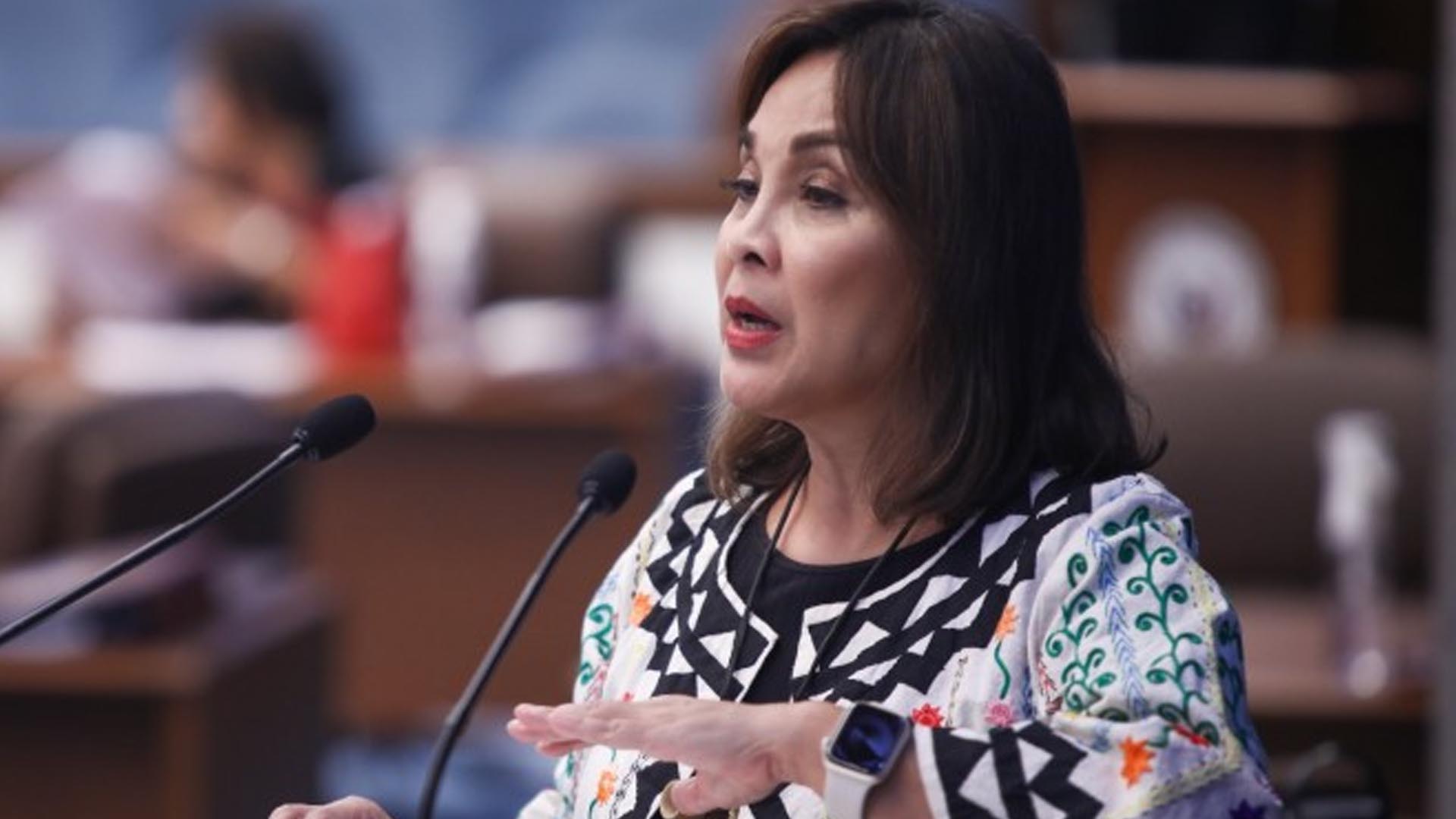Senator Loren Legarda underscored on Wednesday the importance of inclusivity in disaster risk reduction, particularly for women, persons with disabilities, and marginalized communities.
In her speech at the Asia Pacific Ministerial Conference on Disaster Risk Reduction (APMCDRR) being held in Philippine International Convention Center in Pasay City, Legarda highlighted the need for gender-responsive disaster risk governance and the empowerment of women as leaders and agents of change.
“Clearly, inclusivity is not a choice –it is a necessity if we are to build truly resilient societies. Gender-responsive disaster risk governance recognizes that women and girls are not merely victims; they are leaders and agents of change. Globally, one in five girls is married before the age of 18, and girls are nearly twice as likely to miss out on education as boys,” she said.
The senator also emphasized the significance of disability-inclusive governance to ensure that everyone has access to early warning systems, evacuation procedures, and recovery plans.
“Leaving no one behind must drive the renovation of risk governance. Women, girls, persons with disabilities, and marginalized groups must be at the heart of shaping the post-2030 disaster risk governance framework, ensuring their leadership in building truly resilient and inclusive systems,” Legarda said.
She said collaboration among governments, private sector, civil society, and local communities is necessary to create inclusive solutions.
Being the frontliners to disasters, Legarda said local communities should be empowered through education, resources, and capacity-building.
“We must urgently transform risk governance to confront the complex challenges of our time. Amplifying the voices of the neglected and unheard is key to building a future where everyone is empowered, and no one is left behind,” she said.
“Now is the time for bold, inclusive action to forge a safer, more resilient world for all.”
The Philippines is hosting the APMCDRR for the first time from Oct. 14-18, gathering governments, civil society organizations, the private sector, science, academe, and stakeholder groups to strengthen cooperation on disaster resilience and risk reduction in Asia and the Pacific region.
Around 4,000 delegates gather from 70 countries in Manila to put urgency on strengthening regional efforts to ensure a safer future for all.
Public help vital in plugging gaps
In the same event, the Department of National Defense (DND) said public support is essential in “plugging the gaps” in boosting the country’s disaster mitigation efforts.
“We have strengthened our information gathering and analysis capabilities, although the pace of development far outruns our capability development. Therefore, in order to plug this gap, we invite civil society, private organizations, and individual supports,” Defense Secretary Gilberto Teodoro Jr. said.
He, meanwhile, assured that the government is exerting all efforts to “data backbone” for disaster response measures.
For instance, he said the government has developed the El Niño portal to help local government units in coming up mitigation programs in response to the phenomenon.
The portal includes national government data that local government units can use in their planning.
He said the public can access the platform to know more about the condition of the different sectors, and the intervention of the government agencies that can help them prepare for the effects of El Niño and La Niña.
The portal also provides the public with measures that enable them to contribute to the solutions.
“We were supposed to convert this into the La Niña portal, however, we have decided in the council (National Disaster Risk Reduction and Management Council) to make this a full-time disaster risk reduction portal for a secure site where local government units and other national government agencies can exchange data feedback,” Teodoro said. (PNA)








